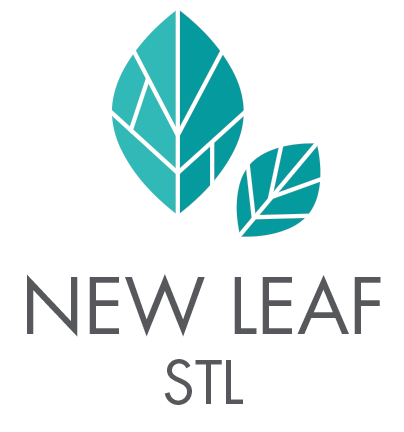Saying no like a pro (2 of 3)
Last week we started looking at NO and why it's tough. Saying NO in a professional setting can be particularly delicate. But it is a critical skill. Otherwise, you’ll find yourself with an overloaded plate and stress through the roof.
Part of the problem is just semantics. When we hear “NO” we connect big meaning to a tiny word. We tie it to rejection, to disinterest, to negativity, to not being competent or able to do the job. And we worry we'll tie ourselves to these things if we dare utter those two letters.
Imagine your boss emails you and asks you to take on a new task. Imagine clicking reply, typing just “No”, then hitting send. What does that communicate? How would you feel sending off that email? How would your boss take it?
Of course you wouldn’t do that, because of things like respect and professionalism. So the skill isn’t just running around saying NO to everything and everyone. The skill is gracefully declining invitations and requests.
Develop a general script or list of phrases for these types of emails or phone calls, and keep in mind the following:
- Be brief – offer an explanation for declining, but don’t share your whole life story. Your boss doesn't have time for that.
- Be kind – express gratitude for the opportunity, and remember this isn’t the forum to gripe about how stressed you already are. (That's what us therapists are here for!)
- Be honest – avoid that familiar urge we “yes people” have to make up an excuse. No one wants to hear your excuse. They just want to know if you’re gonna do this thing or not.
You can further soften the blow of NO by offering alternatives. Just be sure that whatever you offer is something you can follow through on. For example, “I’m unable to (x,y,z) at this time, but my schedule will open up next month when I finish (x,y,z)” or “I can’t at this time but (name of colleague) expressed interest in this. If you’d like, I can connect you.” And then, ya know...follow through.
Like any skill, this gets easier with practice, and can contribute to a healthier, more balanced professional life. Next week we'll talk about saying no to friends and family...a whole different story, but equally important.
Do you have a hard time saying NO even when you know you're over-extended? Meeting with a counselor is a great place to start developing this and other assertive communication skills!
Kathleen is a mental health professional in St. Louis, MO. She specializes in the treatment of depression and anxiety in adults, college students, and high school students. You can contact her office by phone: 314-499-2994, or email: kathleen@newleafstl.com.
